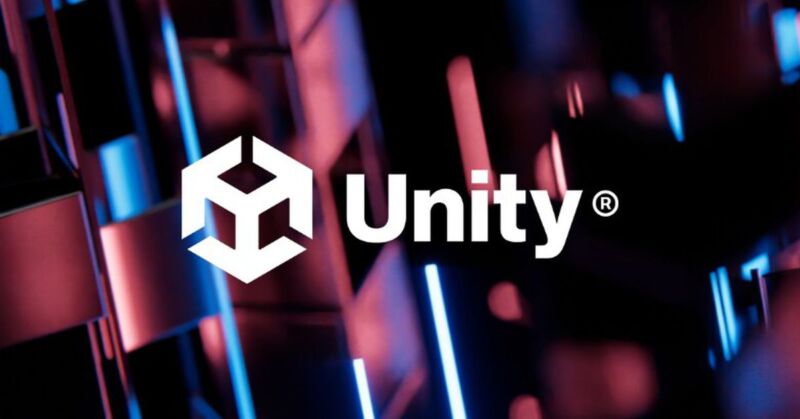

If there’s one thing Unity Create President and General Manager Marc Whitten wants to make clear, it’s that he appreciates your feedback.
“It’s been a very feedback-giving week for Unity,” Whitten told Ars, possibly the biggest understatement he made during an interview accompanying the new, scaled-back fee structure plans the company announced today. “There was a lot more [feedback than we expected] for sure… I think that feedback has made us better, even though it has sometimes been difficult.”
But Whitten was also quick to find the bright side of the tsunami of backlash that came Unity’s way in the week since the company announced its (now outdated) plans for per-install fees of up to $0.20 on all Unity games starting in 2024. That’s because that anger reflected “the extraordinary passion that our community has for their craft, their livelihoods, and their tools, including Unity,” Whitten said. “When Unity disappoints them, in a way where they’re overly surprised or whatever, they give very, very critical feedback. I don’t love hearing every single one of those pieces of feedback—sometimes they can be pretty pointed—but I love that that passion exists.”
“They let us know when we disappoint them,” he added. “That’s not always easy to hear, but it’s really, really great feedback, and it makes us better.”
Stable terms should be “a feature of Unity”
The impetus behind last week’s initial fee announcement, Whitten told Ars, was for the company to eventually move to a “shared success model” that is necessary to make the engine maker “sustainable.” But in pushing out that “transformational business model shift,” Whitten said the company didn’t fully appreciate how much that change would impact the stability of current and former Unity projects.
“To have it affect games that people already had out or that they were currently working on and getting ready to ship was too much,” he said. “They had planned under a set of assertions and conditions that they were thinking about, and then it was changing underneath them. That part was just really important feedback for us to take on board as we thought about this.”
“To have it affect games that people already had out or that they were currently working on and getting ready to ship was too much…”Marc Whitten
By way of defense, Whitten stressed that the Unity team felt they had created a fee structure that “the vast majority of our users wouldn’t pay any part of. In our head, we’re thinking, ‘We’ll put this in [and] when people are renewing later, it’s going to come up… and it’s going to happen [in] 2024, [and] it’s a small percentage of games…’ But I think what we heard is (1) everybody assumes they might also become very successful and (2) it felt like a very big change that no one anticipated.”
Now, Whitten says he sees unchanging, stable licensing terms as “a feature of Unity,” just like any other core engine component used to make a game. “You should always be able to—as you get a version and understand the current version of the terms that exist—use those and know that you can rely on them as you start a project,” he said. “It’s another way of saying, ‘I need a stable basis for this engine as I make my bet [on an engine].'”
That might be a hard promise for some people to accept, given that Unity made a similar pledge in 2019 that didn’t stop last week’s attempted semi-retroactive change. But Whitten said he hopes actions like restoring a GitHub Terms of Service tracker will be key to proving Unity really means it this time.
“I’m not putting a letter out saying that [these ToS stability promises are] the case and then changing it,” he said. “I’m very personally convicted about it. I’ll tell you the company is convicted about it. If I put my name on a letter, I believe every word that was in that letter, and I will tell you, so does the company.”
https://arstechnica.com/?p=1970584

